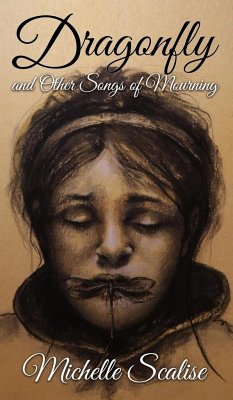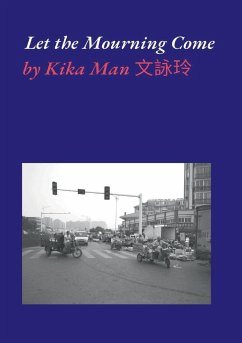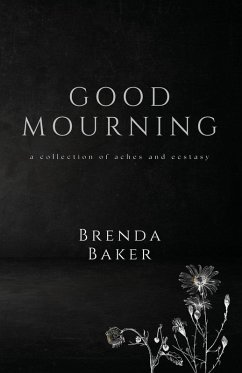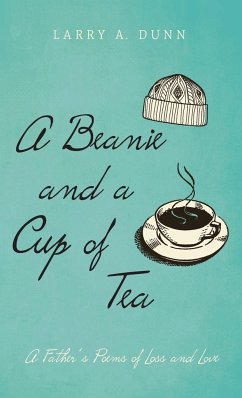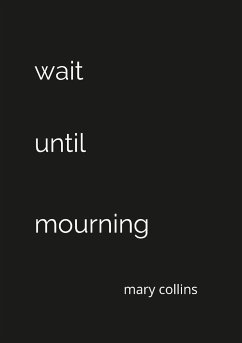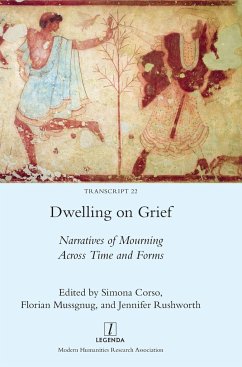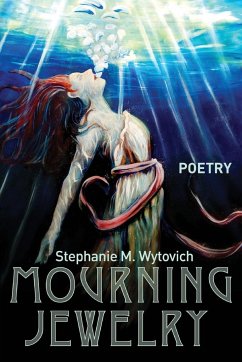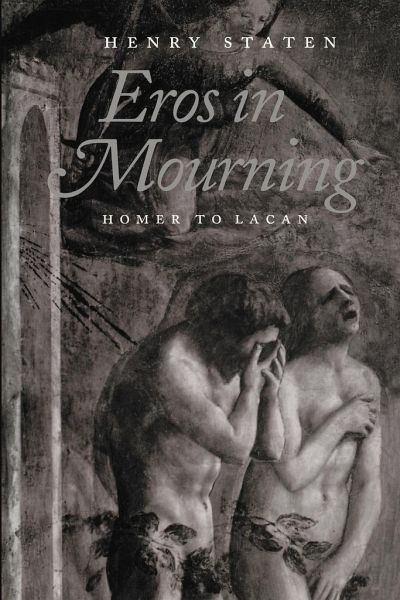
Eros in Mourning
Homer to Lacan
Versandkostenfrei!
Versandfertig in 1-2 Wochen
37,99 €
inkl. MwSt.

PAYBACK Punkte
19 °P sammeln!
Eros in Mourning begins with a reading of the Iliad that shows how Homer, not yet influenced by the ideology of transcendence, analyzes the structure of unassuageable mourning in a way that is as up-to-date as the latest poststructuralism. Then, in readings of Dante, Hamlet, La Princess de Cleves, Heart of Darkness, and Lacan, Staten depicts the "thanatoerotic" hysteria that is set off by the specter of the dead and decomposing body that is also the body of sexual love and whic, in the "transcendentalizing" tradition, is more female than male. Yet, St. John, certain troubadours, and Milton off...
Eros in Mourning begins with a reading of the Iliad that shows how Homer, not yet influenced by the ideology of transcendence, analyzes the structure of unassuageable mourning in a way that is as up-to-date as the latest poststructuralism. Then, in readings of Dante, Hamlet, La Princess de Cleves, Heart of Darkness, and Lacan, Staten depicts the "thanatoerotic" hysteria that is set off by the specter of the dead and decomposing body that is also the body of sexual love and whic, in the "transcendentalizing" tradition, is more female than male. Yet, St. John, certain troubadours, and Milton offer glimpses of a more affirmative relation to "eros and mourning."



